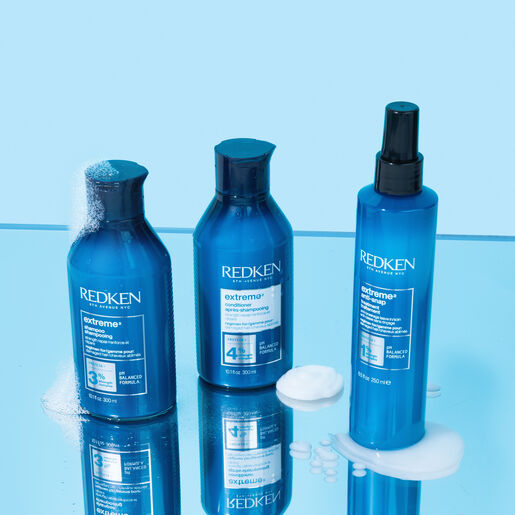
You may have been warned about the consequences of using too many beauty products. And, if you have sensitive skin, it is likely that people have warned you against using beauty products… full stop!
At Jersey Beauty Company, we just want to be completely honest and say that we have never understood why those people suffering with sensitive skin would choose not to use beauty products.
Controlling your sensitive skin needs to be high priority. You cannot take back control of your beautiful complexion without a select few products that will manage redness and irritation.
It’s a fact: your skin is typically sensitive because it is lacking its natural protective barrier. So, in order to make your skin less sensitive, you should be applying a set of ingredients designed to strengthen your skin daily. It is true to say that some people that have sensitive skin are simply not using enough products! Skin becomes vulnerable when it is not protected, causing redness and irritation rapidly.




